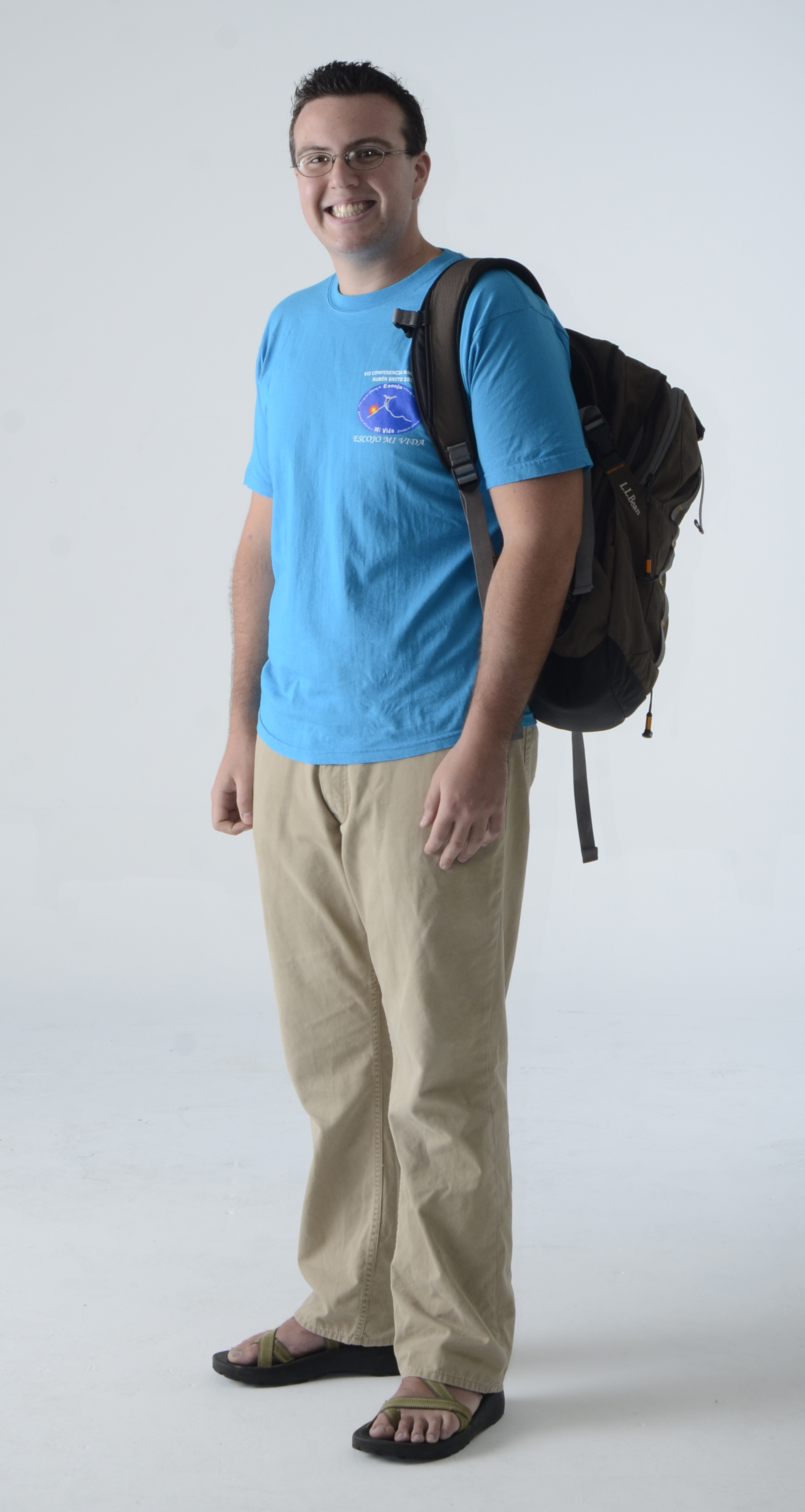There were rats in his house and a goat on his bed. Showers consisted of two buckets of water, and the outdoor temperature was "9,000 degrees."
Would Chattanoogan Chris Marinello repeat his recent two-year Peace Corps experience in the Dominican Republic? You betcha.
"You learn these skills that you never would have learned before," he said. "You can go in thinking you're doing one thing and do everything else under the sun."
Marinello was primarily a community-health extension agent in the Caribbean island country, but he also served as a translator, a conference convener, a grant writer and a water-system builder.
He said the Peace Corps stresses project design, implementation, monitoring and evaluation.
"If you can do that," Marinello said, "you can do anything."
The University of Tennessee at Chattanooga graduate said he submitted his application to the 51-year-old, government-run volunteer program during his junior year, ranking his preference of assignment, in order, as the Middle East, Africa and the South Pacific.
"I didn't even put Latin America down," he said.
However, Marinello said the program noted the Spanish classes on his transcript and placed him in the Dominican Republic.
"I did not speak Spanish," he said. "I was a little past hola (hello) and cómo estás? (how are you?)"
Q. Why did you go into the Peace Corps?
A. My mom was a history teacher, so I grew up with culture and history and stories. When kids were reading comic books, I was being read history and Greek tragedies and stuff like that. So that gave me this sense of culture that I took to be an anthropology major.
Q. What were your primary work responsibilities?
A. We had two initiatives that we worked on, Escojo Mi Vida, which is I Choose My Life, and Hogares Saludables, which is Healthy Homes. ... We have a trainer-of-trainers model, so I trained the health promoters in my community. And then those health promoters went out to the houses in the community and gave health interventions. ... I was working in 10 different communities, and we maybe visited 700 houses giving health interventions with our health promoters that we trained.
... And then our youth program, Escojo Mi Vida, has been working since 2005, training youth in the country to be multiplicadores, youth multipliers of information. ... We train the youth to start groups in their community groups. ... We work with the reduction of HIV as well as building life skills, respect of values, how to boost your self-esteem, how to make healthy decisions.
Q. What do people not know about the Peace Corps that they should?
A. It's important for people to know that they are, consciously, choosing to put themselves into developing countries where they will be a stranger. They will be looked at as "the white person" here. And they will become a target in certain ways. Not necessarily always a violent way. However, you're very self-conscious of your whiteness, which leads to a very interesting perspective of your own self after a while.
... I [also] had worms three times. There are girls that had bacterial infections, staph infections. However, our medical unit is topnotch. Topnotch like Cadillac-service government care.
Q. What experiences did you gain that will help you down the road?
A. I was able to learn about myself. ... When we first got off the plane and got to our training center, the country director at the time said to us - I'm paraphrasing: "For all of you that think you are coming here to change the world, leave that [stuff] at the door. What's going to happen is you are going to fight an uphill battle. You are going to learn more about yourself and what you want. It's a growing experience for you. ... You are going to impact people's lives, most definitely."
Q. What advice would you give to someone considering enlisting with the Peace Corps?
A. I say, yes, do it. Go. If you want to do it, if you have a sense of service, if you have that calling, if you have that want to travel to work in development work [and] potentially work for the government afterwards ... go for it.
Contact Clint Cooper at ccooper@timesfreepress.com or 423-757-6497. Subscribe to his posts online at Facebook.com/ClintCooperCTFP.

